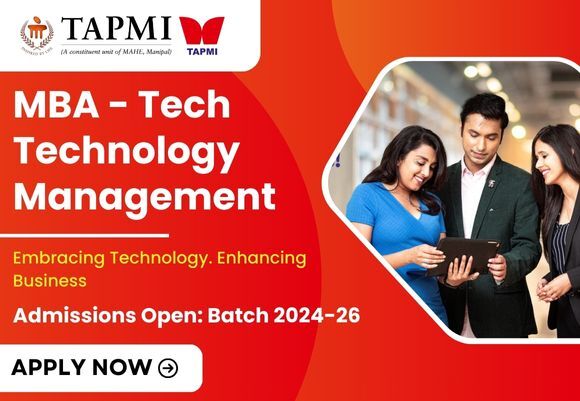Published: Wednesday, 20 January, 2016 04:30 PM
Academicians Discuss on ‘Ewaste Management’ at XLRI

XLRI – Xavier School of Management very recently organized the National Conference on E-waste Management along with Co-Chairs from University of Queensland, Australia and IIT, Kharagpur.
The two-day conference was focused on building a circular economy to ensure that the e-waste is recycled, reused and reduced to avoid ending up into landfills, which has been causing environmental and health hazards. Eminent Academicians including Prof. Anthony Halog, Geography Planning and Environment Management, University of Queensland, Australia, Prof. Brajesh Kr. Dubey, Environmental Engineering Division, Dept. of Civil Engineering, IIT, Kharagpur, Dr. Pranabesh Ray, Dean [Academics], XLRI, Prof. Pingali Venugopal, Chairperson, Centre for Global Management and Responsible Leadership (CGMR), XLRI and Industry Stalwarts like Mr. Shreekant Mokashi, Chief (Group Information Services) Tata Steel among others discussed on perspectives from the industry stalwarts and the Ethical dimensions of e-waste. Towards this goal, some of the obstacles and solutions were discussed in small group workshops. Additionally research papers covering different themes of e-waste were presented at the conference.
The conference deliberated the ways on improving the collection rate and recycling process. One important point of discussion was models of integrating informal sector along with formal sectors to improve the collection rate. Another point covered was reviving the repair sector to increase the reuse.
Since one of the major obstacles to manage e-waste safely and effectively is the lack of reliable data that poses a challenge to (a) policy makers wishing to design an e-waste management strategy and (b) to industry wishing to make rational investment decisions; the conference had discussed models on estimating the extent of e-waste being generated.
Prof. Pingali Venugopal, Chairperson, Centre for Global Management and Responsible Leadership (CGMR), XLRI commented, “Changing consumer mindset is paramount to address the core of the problem, so studies understanding the consumer behaviour from different parts of the country were presented. One of the important behaviours identified was that discarded electronic products stored in homes are more than that in the landfills. The “e-waste” stored in the house would eventually end up in landfills. That is, the actual amount of e-waste, after adding the waste stored in the houses, could be threefold.” The conference concluded that the potential e-waste problem is more than what is reported.
Some suggestions identified in the Action plan were:
- Newer products which are renewable and with more environment friendly parts (e.g. modularization of parts) can be designed and developed.
- As it would be costly to build an integrated recycling plant, it is suggested to divide the processes involved in recycling into smaller processes and encourage small entrepreneurs to participate in the recycling.
- An App to coordinate with e-waste collectors for discarding electronic products should be developed.
- Finally there is a need to change the mindset of the consumers. This could be done by sensitizing young children and students about the problem of E-Waste and inculcate good habits towards the disposal of electronic gadgets.
- Although government need not invest much money in this area, but the government should act as a facilitator to ensure coordination and communication among various stakeholders so that the e-waste recycling industry develops and flourishes including recovery of precious rare earth metals and creating job opportunities.
- Research institutes should be made partner with the industry to help develop newer technologies for better resource recovery from e-waste.
- Develop programmes such as “Skill India” to train the informal sector for better resource recovery from e-waste (especially on collection and dismantling) in an environmental safe and responsible manner.
A comprehensive integrated program need to be developed which should be facilitated by government agencies with the assistance from institutes such as IITs and XLRI/IIMs.
Stay informed, Stay ahead and stay inspired with MBA Rendezvous
